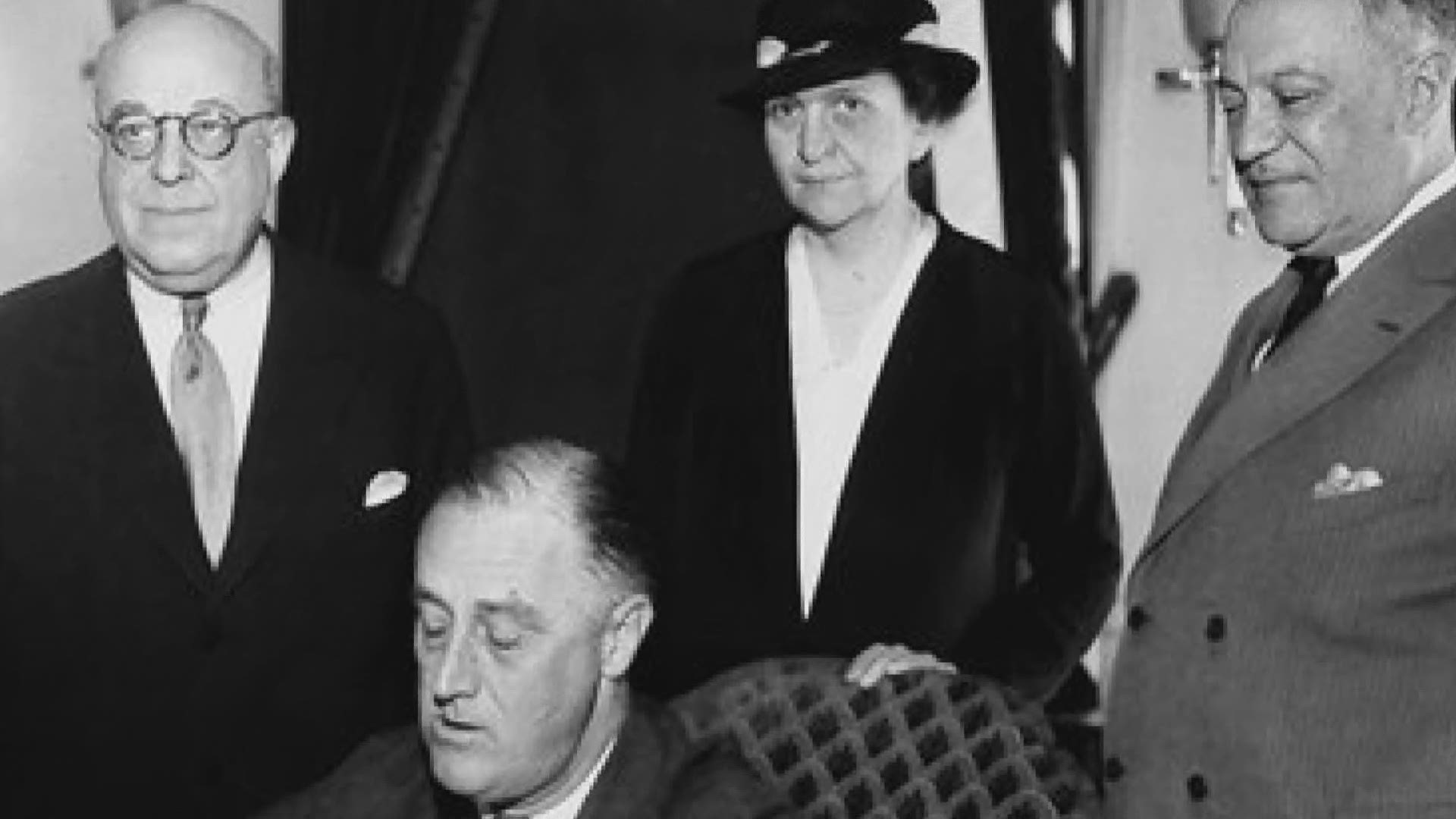NEWCASTLE, Maine — As the nineteenth century gave way to the twentieth, a professor at Mount Holyoke College in Massachusetts gave his all-female class an unusual assignment. These young women, many of whom had grown up with wealth and privilege, were instructed to visit a nearby factory to see how the other half lived.
What Frances Perkins saw shocked her. Her family had deep roots in Maine and lived on a saltwater farm that they’d owned since colonial times. Although she’d grown up in Massachusetts, until college she had no idea of what life was like for the twelve-year-old factory workers who, for little more than subsistence wages, did repetitive, often dangerous tasks 54 hours a week.
The visit changed the trajectory of Perkins’ life. She became a fierce advocate for workplace safety and economic justice, and in 1933 became Secretary of Labor under President Franklin Roosevelt—the first woman ever to hold a cabinet post. In that job, she helped push through legislation that improved the lives of millions of Americans, including the first minimum wage law, unemployment insurance, and Social Security.
For twelve turbulent years, through the Depression and then World War II, Perkins served in the Cabinet. Every summer, though, she carved out time to return to the family farm in Newcastle, what is now a National Historic Landmark known as the Frances Perkins Homestead. “The month of August was always without appointments in her Washington calendar,” says Michael Chaney, the executive director of the Frances Perkins Center in Damariscotta, which oversees the Homestead. “She would come here…and get rejuvenated by it.”
Much of what FDR and Perkins accomplished was vigorously opposed by Republicans and business interests. It’s hard to imagine the grit it must have taken to drive such changes, especially at a time when a woman in a position of authority was all but unheard of.
Chaney says it all went back to a question that had pricked her conscience from the time she first set foot in those factories in college, a question that remains keenly relevant 120 year later. “She did not understand, and she asked her parents this: Why are some people poor and some people wealthy? And [she said] this isn’t right. This is no way for a country to continue to develop.”

